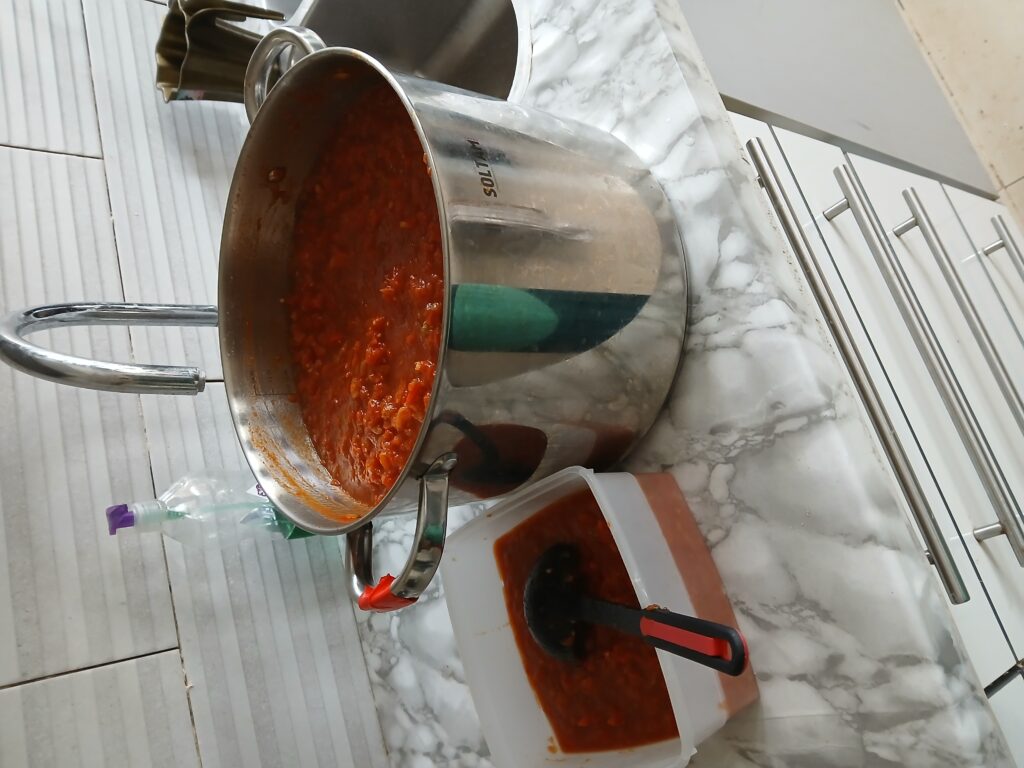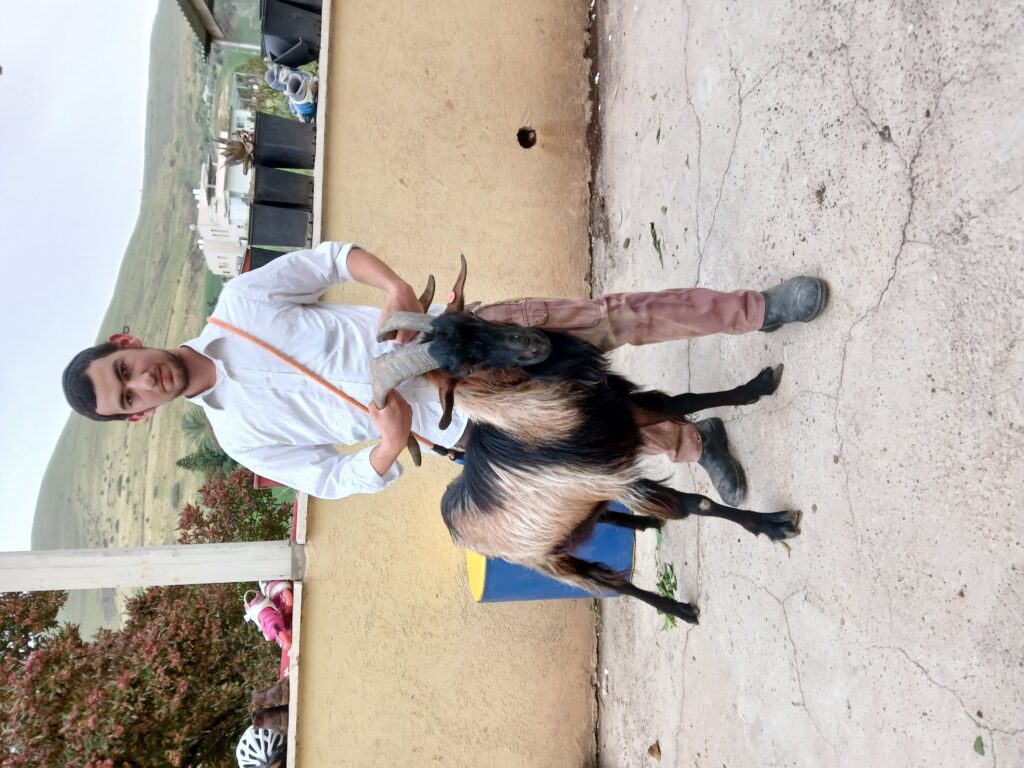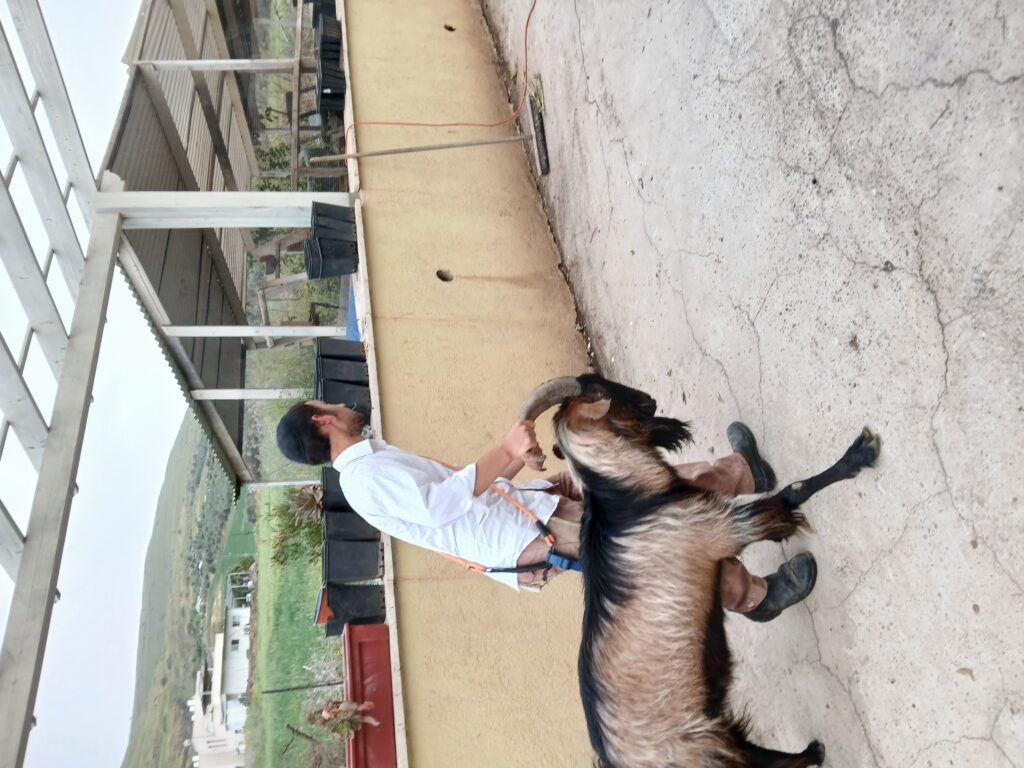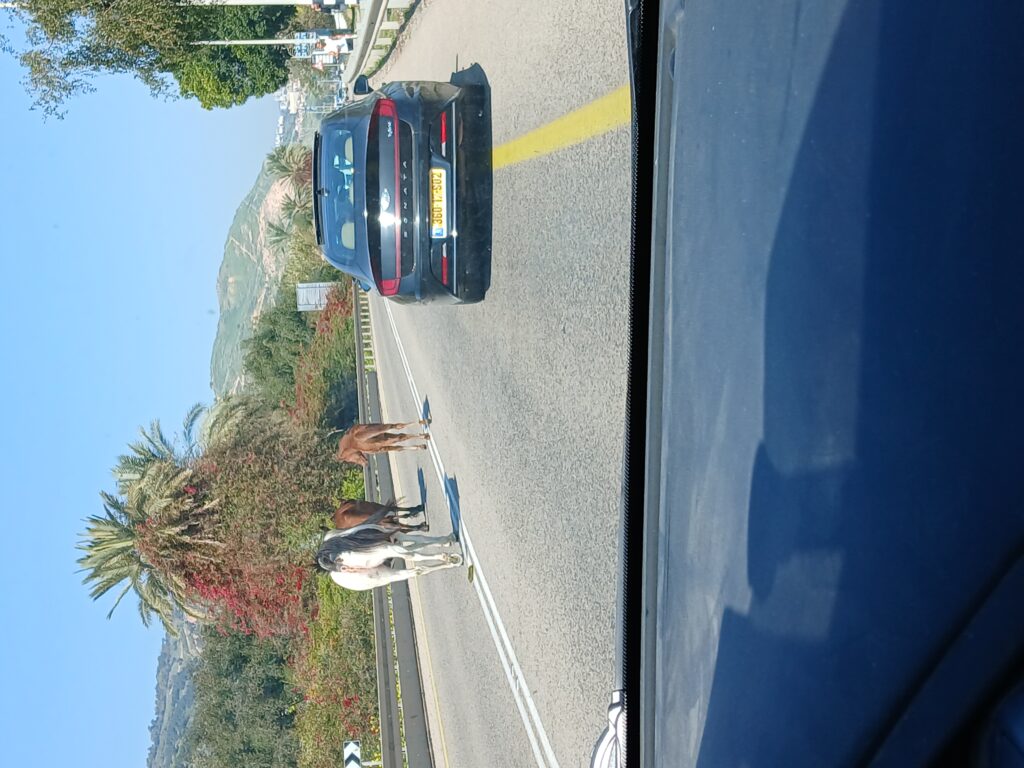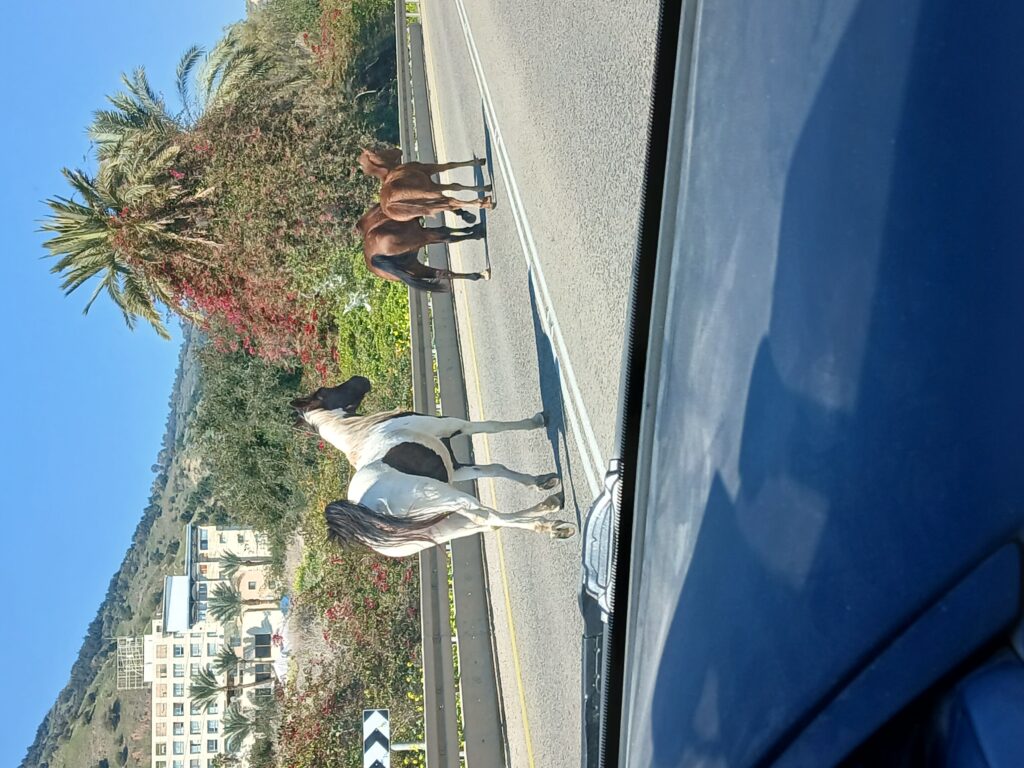“How was your Pesach?”, I asked a friend a couple of days after the holiday ended, when we bumped into one another out shopping.
With a weary look, she replied, “Chag mitbach.” (The holiday of the kitchen.)
That succinctly sums up my experience. I went through cases of meat, chicken and vegetables, and who got to prepare almost all of it? Me.
Pesach was beautiful. We had two married sons for the first part of the holiday, along with my mother for the first two days, and my mother-in-law and sister-in-law for the entire holiday. We made a second seder and second day holiday meals for them on both ends of the holiday.
My oldest son came with his family for part of chol hamoed, and then two married daughters came for the end of the holiday.
It was full, full, full of family and connection. Our newly renovated kitchen and living room very much enhanced the enjoyment of everyone being together, without feeling constricted. It was lovely.
It was also a huge amount of work.
With close to twenty people for every meal for a week and a half (we have a holiday meal each day of chol hamoed), it meant a lot of time spent daily preparing food for everyone while taking care of my children and trying to spend time with my grandchildren.
In order to accomplish what I needed to, I got up between 4 – 4:30 am the three days before Pesach so that I could make headway before the kids were awake. All other days except the first and last day of Pesach, I began at 6, with one late morning beginning at 7 am. I spent the next six to eight hours in the kitchen cooking while taking care of the kids.
Since I began eating carnivore, it’s been over a year since I had any lower back pain, but for several days my back was letting me know I was doing too much.
I enjoy cooking, I’m fast, efficient and organized – but it was a lot. I’m thinking about what I can do differently for the future to be able to spend more time with the people who are here, rather than spending time taking care of their needs. I’ve spoken to a few people who are at or past this stage in life to get suggestions from them. They all told me that it’s an impossible amount of work and I must have help from other people. The question is what to do to get help.
Obviously it’s on me to communicate my needs more effectively and ask for more help. At the same time, I have to accept that even with good communication, the help may fall short of what is needed.
I asked several of our married children for feedback on how we could make this more workable.
One daughter and daughter-in-law suggested asking people to bring their own sheets and to make their own beds. The teens set up all the guest rooms so having each couple keep a set of sheets for their use here will significantly cut down on the work the boys do to get ready. I had close to twenty sets of linen to wash after the holiday just from guests (not including our immediate nine family members), and I’m still working through that laundry!
Another daughter said it’s easier for people to work in their own kitchens than help out in someone else’s kitchen, and I could ask them to each bring some prepared food to contribute. I’m a bit reluctant on that front. Most of our married children are coming by bus, and already shlepping a lot of things with them. I don’t want them to have even more things to load them down.
I’ve realized that for me, the work is the secondary issue. When we had guests who were around when I was working, even if they couldn’t actively help out because they were taking care of their children, I didn’t feel any frustration at all. It felt much different than when someone showed up right before the meal. I recognize that I feel unappreciated and taken for granted when people are only around during the meal, and this is the bigger issue for me than the work itself.
My day to day life is so full and with the holiday being non stop work, a week later I still feel depleted. The more a person gives, the more they need to replenish themselves, and I am aware that my self-nurturing input is way out of proportion to my caring for others output. I need to rebalance that, but it takes emotional energy to make the effort to do more self-care. For today, I’m going to get information about local yoga classes and a retreat for mothers in the summer, and take a nap later in the morning.
Avivah

